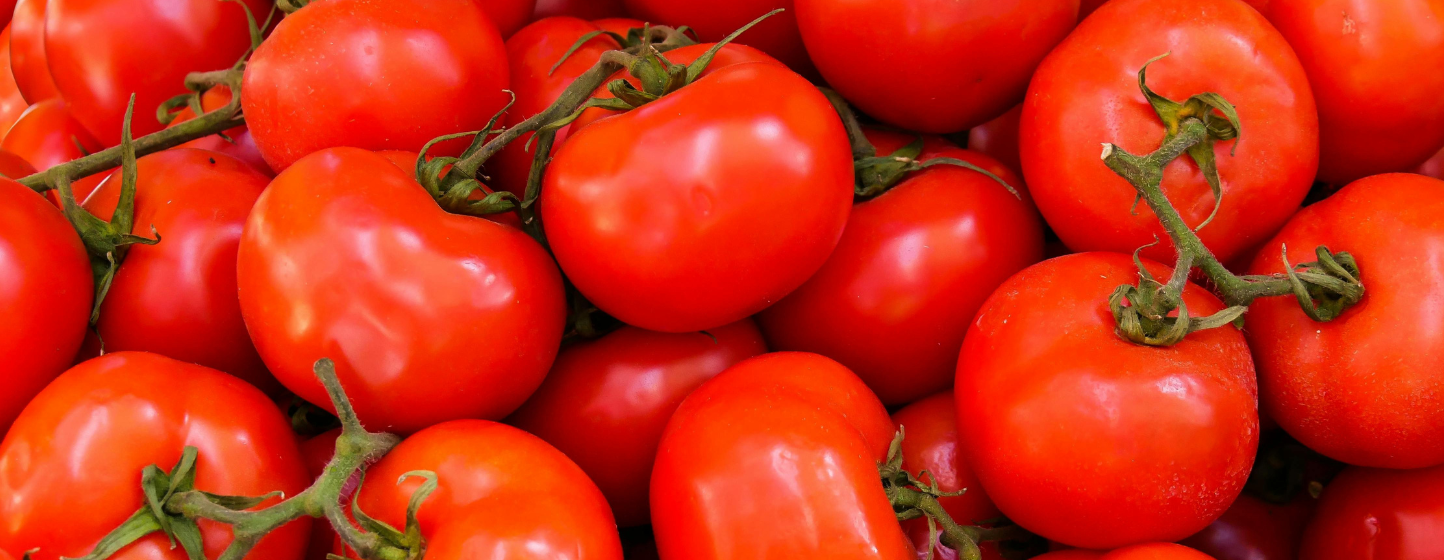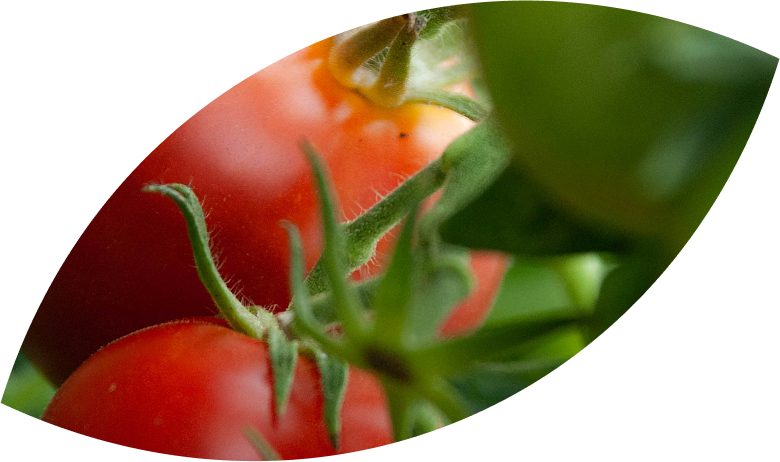
This decision follows a review of plant health policy and a consultation with industry stakeholders.
A Globally Present Virus, Still Contained in the UK
The ToBRFV was first detected in Israel in 2014 before spreading across Asia, Africa, Europe, the Americas, and Australia. Since its first appearance in the United Kingdom in 2019, 14 outbreaks have been recorded — 9 have been eradicated, while measures are ongoing at 5 sites. Defra’s analysis concluded that current regulations should remain in place, with the option for future review if:
- the virus becomes widespread,
- resistant varieties become predominant,
- or detections of infected seed lots become negligible.
A Different Approach from the European Union
While the European Union has decided to reclassify ToBRFV as a “Regulated Non-Quarantine Pest” (RNQP) starting in January 2025, the UK is opting for a stricter approach. Defra justifies this decision by noting that outbreaks remain limited in Great Britain and that eradication is still feasible. During the public consultation held between March and June 2025, four submissions were received:
- The British Tomato Growers’ Association and the National Farmers’ Union supported maintaining quarantine status, stressing that only 44% of UK commercial tomato crops currently rely on resistant varieties.
- Conversely, Euroseeds and Rijk Zwaan opposed the decision, citing financial burdens on growers and seed companies, the difficulty of eradication, and regulatory divergence from the EU.
They also pointed out import restrictions, testing sensitivity issues, and border delays, emphasizing that UK outbreaks so far have affected only tomato crops, not peppers.
Controls Maintained and Monitoring Strengthened
In response, Defra noted that pepper infections have been reported in other countries, including Italy and Mexico, justifying continued regulation. Exceptions will still be granted for resistant varieties, provided importers supply the necessary evidence. Regarding seed testing, Defra reaffirmed that field inspections and laboratory testing are complementary and essential, since either method alone may fail to detect latent or low-level infections.
In 2024, 18 interceptions of tomato and pepper seed lots were reported, including detections of the Potato Spindle Tuber Viroid (PSTVd). While acknowledging the administrative and financial burden on seed companies, Defra maintains that import testing remains crucial to protect domestic production. A future review may determine whether systematic testing of 100% of imported seed lots remains proportionate.
Ongoing Vigilance Against a Persistent Phytosanitary Threat
Defra reaffirmed that continuous monitoring, strict import controls, and rapid eradication of detected outbreaks remain central to the UK’s strategy to contain ToBRFV. This preventive rather than curative approach aims to safeguard the national horticultural sector and maintain high biosecurity standards across the country.

